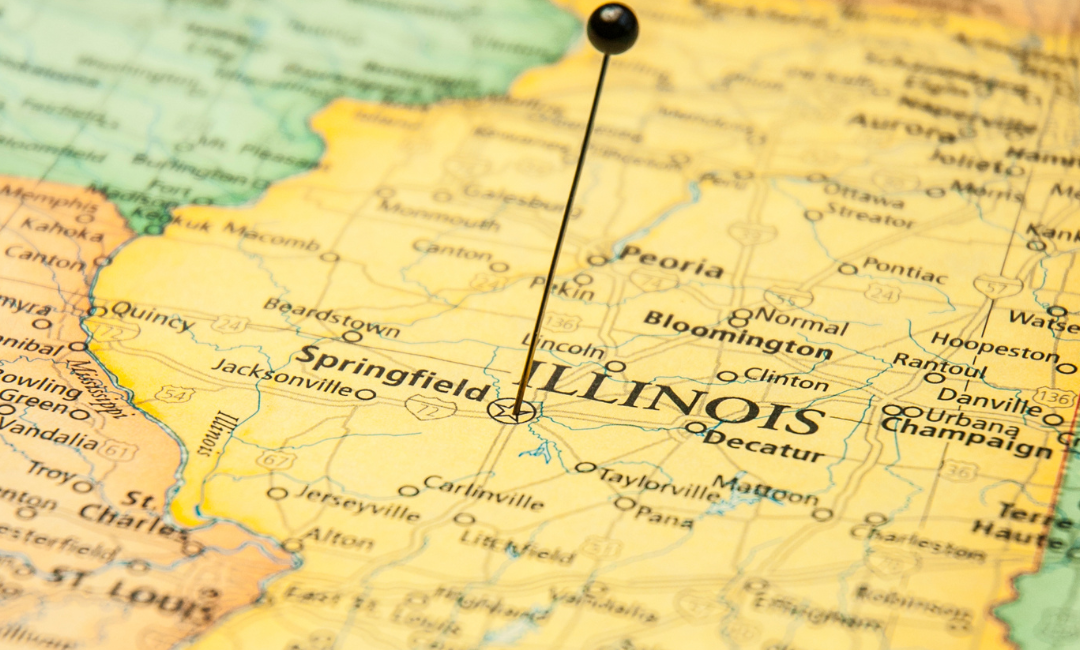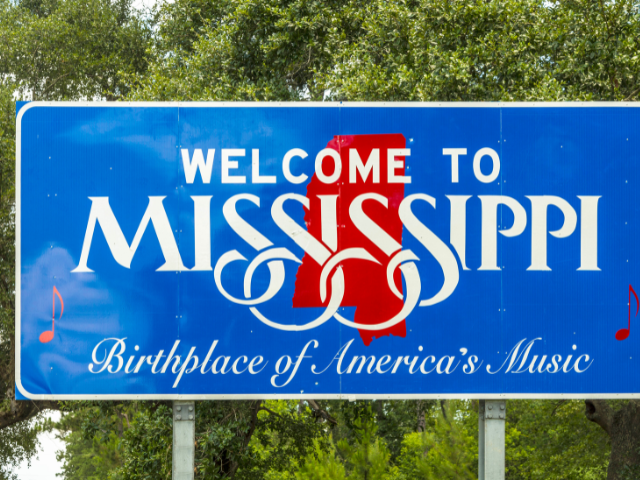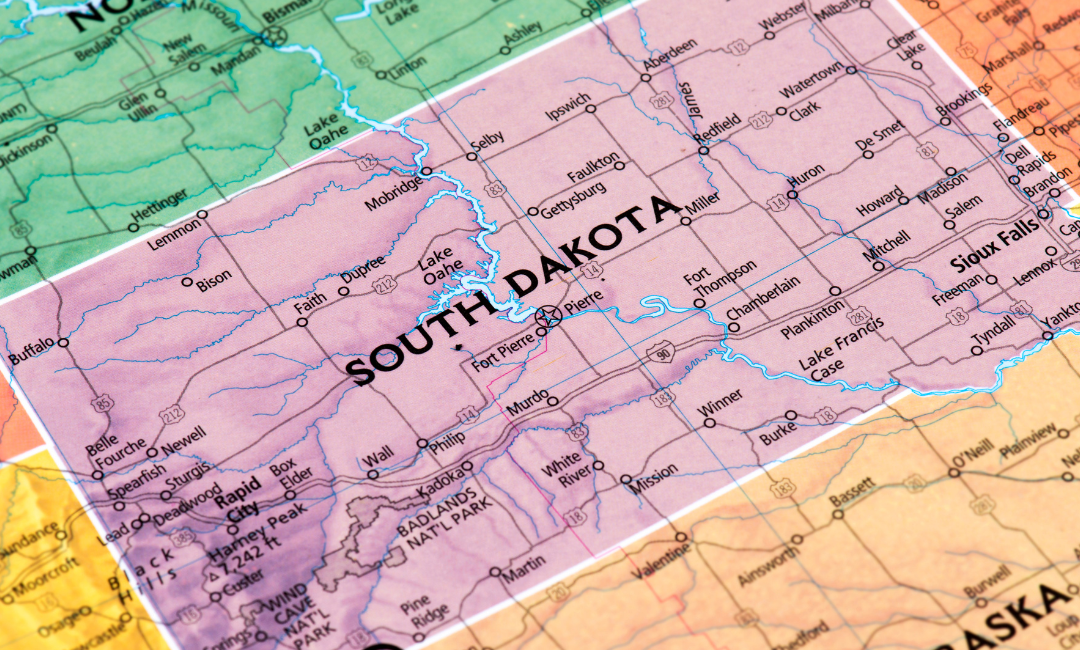Mississippi APRN Salary and Job Outlook
Mississippi has more than 4,000 employed NPs making an average salary of $117,500. While the salary is $8,500 less than the average NP salary nationwide, Mississippi RNs can expect job security if they’re willing to work in nonmetropolitan areas. In fact, the Northeast Mississippi nonmetropolitan area is the No. 1 nonmetropolitan area in the U.S. with the highest concentration of employed NPs.
Mississippi has around 260 employed nurse anesthetists making an average salary of $201,300. Like NP salary, this is less than the national average. There’s limited data on nurse midwife data in Mississippi as the numbers are quite low. However, travel nursing as a nurse midwife is an option. As of December 2024, travel salary for general midwives is around $140,000 per year (and nurse midwives typically make much more than general midwives).
The average advanced practice RN (APRN) salaries in the U.S. include $126,000 for NPs, $130,000 for nurse midwives, and $213,000 for nurse anesthetists. APRN jobs in the U.S. are expected to grow 40% by 2033, which is much faster than the average growth rate of most jobs.
Keep in mind, not every graduate nursing degree is an APRN degree. APRNs serve in advanced clinical roles and diagnose patients. Nurse educators, administrators, informaticists, researchers, clinical nurse leaders, and public health nurses may also hold graduate nursing degrees, but are not considered APRNs. Scholarships are available to Mississippi RNs interested in these roles as well.
Mississippi APRN Tuition Costs
Attending graduate school may be a smart move for Mississippi RNs, as tuition cost is less than average U.S. tuition and cost of living is affordable. In fact, Mississippi ranks third out of 50 for the most affordable states to live in. Mississippi tuition for graduate nursing programs can cost up to $9,000 per year at public institutions. Should you choose to attend a public school out of state as a Mississippi resident, tuition costs can be even higher.
These numbers don’t reflect tuition costs at private institutions. Neither does it include costs for books, uniforms, and equipment for clinical training like stethoscopes, second-hand watches, and pen lights.
While these numbers can be intimidating, scholarships can cover some, if not all, costs of returning to school, especially if you apply for multiple. Keep in mind that some scholarship sponsors may require you to be a member of a nursing organization before you can apply. Fortunately, some membership dues are as low as $80 per year, and you’ll have access to other membership benefits like free continuing education credits, job boards, retailer discounts, and more.









